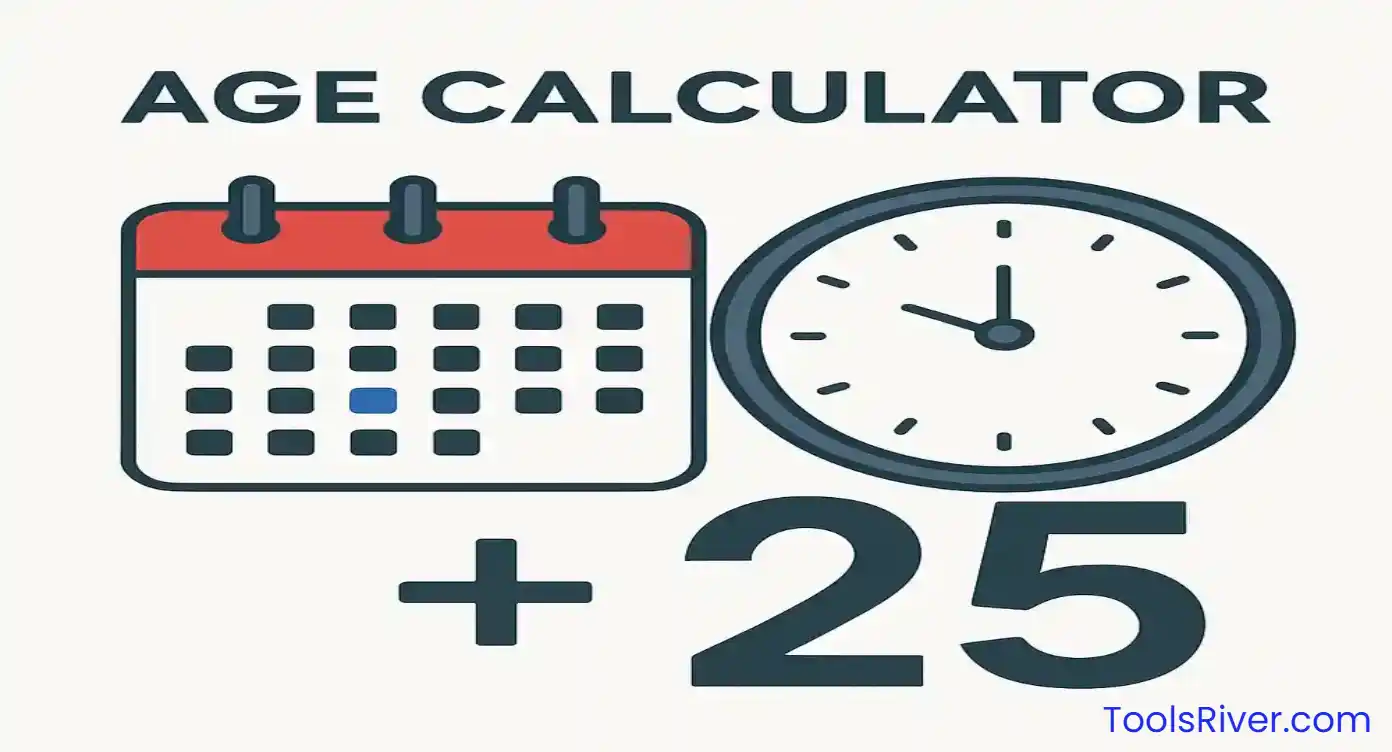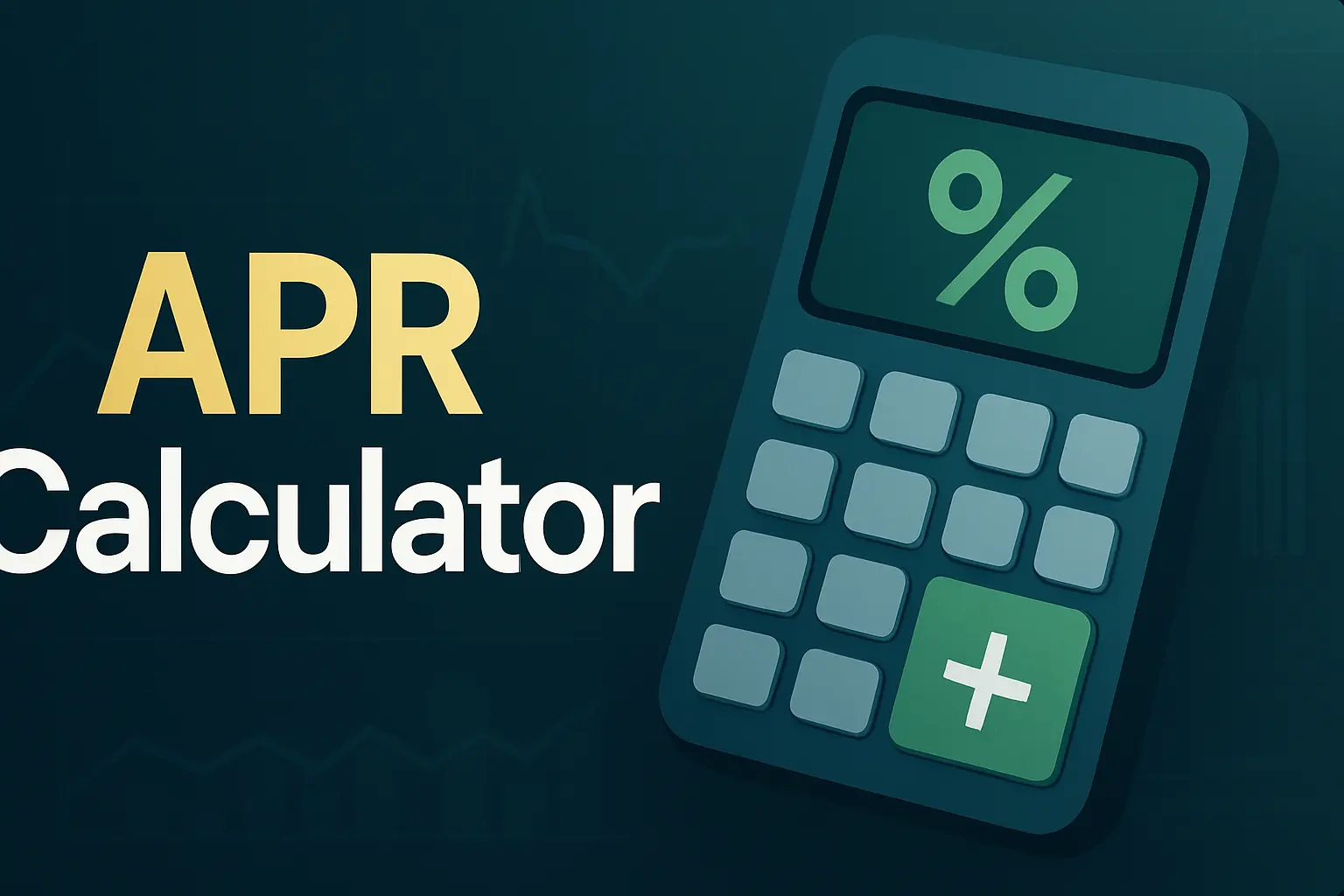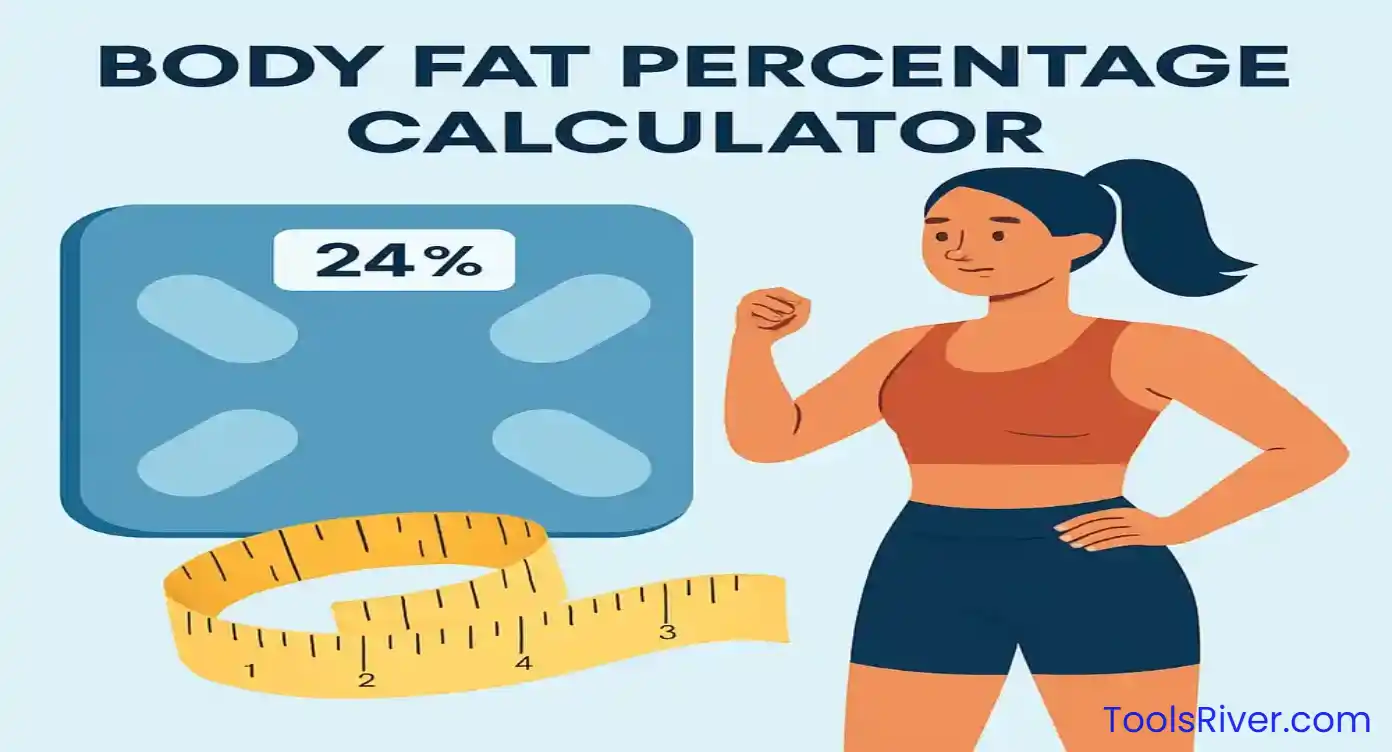Water Intake Calculator
Calculate your personalized daily water needs based on your lifestyle, activity level, and health conditions
Water Intake Calculator
Enter your details to get personalized hydration recommendations
Your Personalized Water Intake Results
Daily Water Intake
-
Liters per day
Glasses (250ml)
-
8oz glasses
Bottles (500ml)
-
Standard bottles
Personalized Recommendations
Hydration Tips
Complete Guide to Optimal Hydration
Understanding your body's water needs is crucial for maintaining optimal health, performance, and well-being throughout your daily activities.
Health Benefits
Proper hydration supports cardiovascular health, regulates body temperature, lubricates joints, and helps transport nutrients throughout your body. It also plays a crucial role in kidney function, skin health, and cognitive performance.
Exercise & Hydration
During physical activity, your body loses water through sweat and increased respiration. Athletes and active individuals need additional water intake before, during, and after exercise to maintain performance and prevent dehydration.
Climate Effects
Environmental factors significantly impact your hydration needs. Hot weather, high humidity, and high altitude increase water requirements. Air conditioning and heating systems can also affect your body's water balance.
Understanding Water Intake Calculations
Base Calculation Methods
Weight-Based Formula: The most common method calculates water intake based on body weight. Generally, you need approximately 35-40ml of water per kilogram of body weight daily.
Activity Adjustments: Physical activity increases water needs by 12-16 ounces for every hour of exercise, depending on intensity and environmental conditions.
Climate Modifications: Hot climates may require 16-32 additional ounces of water daily, while high altitude conditions can increase needs by 1.5-2.5 cups per day.
Special Considerations
Pregnancy: Pregnant women need additional 300ml (10 ounces) of water daily to support increased blood volume and amniotic fluid production.
Breastfeeding: Nursing mothers require an extra 700ml (23 ounces) daily to maintain adequate milk production and maternal hydration.
Illness: Fever, vomiting, and diarrhea significantly increase fluid needs. For every degree of fever above normal, add 200ml of additional fluid intake.
Signs of Proper Hydration
Urine Color
Pale yellow or clear urine indicates good hydration status.
Energy Levels
Consistent energy without afternoon fatigue crashes.
Skin Elasticity
Skin returns quickly to normal position when pinched.
Mental Clarity
Clear thinking and good concentration throughout the day.
Dehydration Warning Signs
Dark Urine
Dark yellow or amber-colored urine indicates dehydration.
Headaches
Frequent headaches, especially in the afternoon.
Fatigue
Persistent tiredness and reduced physical performance.
Dry Mouth
Sticky or dry mouth and reduced saliva production.
Frequently Asked Questions
How accurate is this water intake calculator?
Our calculator uses scientifically-backed formulas considering multiple factors including body weight, activity level, climate conditions, and special circumstances. While it provides excellent baseline recommendations, individual needs may vary based on metabolism, health conditions, and personal preferences.
Can I drink too much water?
Yes, overhydration (water intoxication) is possible but rare in healthy individuals. It typically occurs when consuming excessive amounts (more than 3-4 liters per hour) without adequate electrolyte replacement. Listen to your body and spread water intake throughout the day.
Do other beverages count toward daily water intake?
Yes, all fluids contribute to hydration including tea, coffee, milk, and fruits with high water content. However, pure water is the most effective choice. Caffeinated and alcoholic beverages may have mild diuretic effects, so they shouldn't be your primary hydration source.
When should I drink more water than the calculated amount?
Increase water intake during illness (especially fever, vomiting, or diarrhea), air travel, high altitude activities, increased physical activity, hot weather, or when consuming diuretic substances like caffeine or alcohol.
What's the best way to track my daily water intake?
Use a marked water bottle, smartphone apps, or simply count glasses throughout the day. Start your day with a glass of water, drink before meals, and keep water visible as reminders. Setting hourly alarms can help establish consistent hydration habits.














